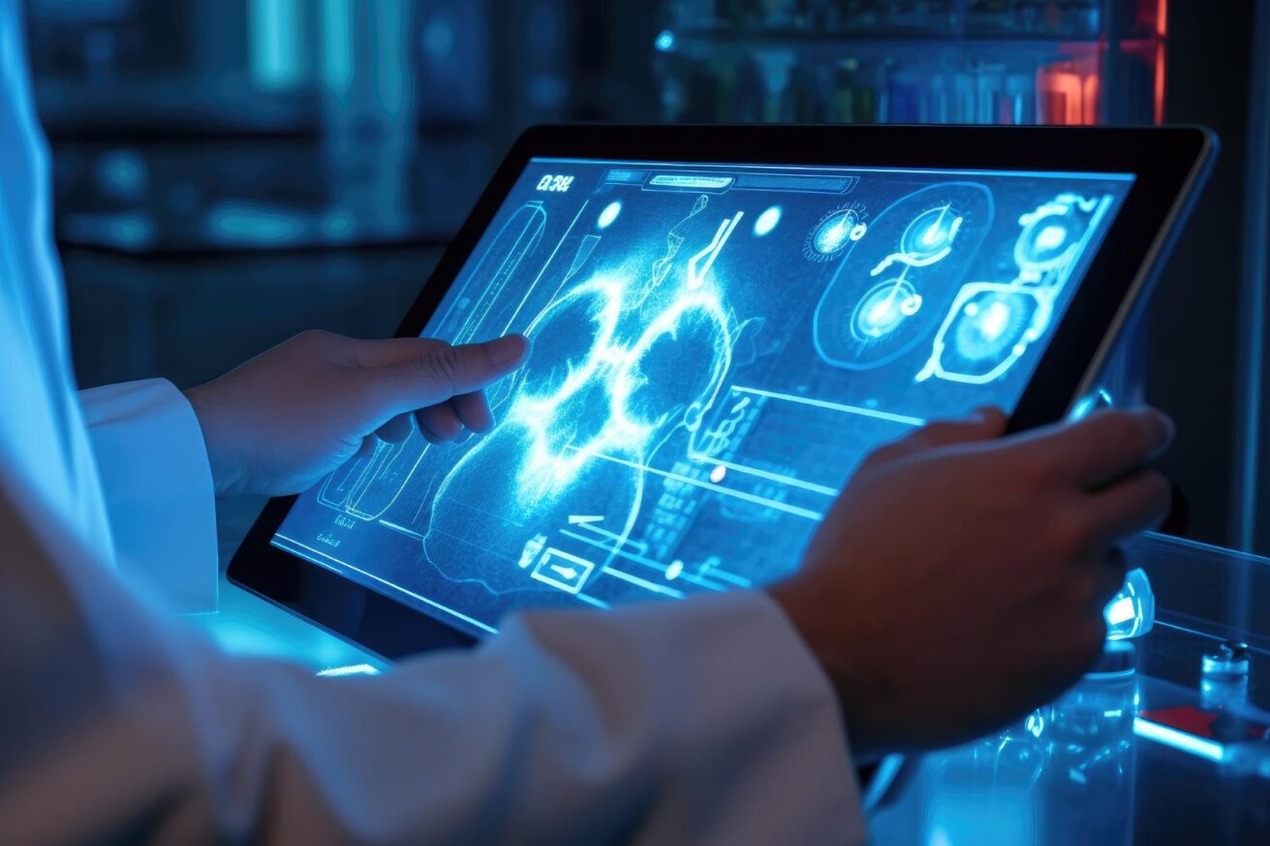
Three University of Canberra researchers have received a total of more than AU$ 1.2 million in the 2020 Australian Research Council (ARC) Discovery Early Career Researcher Awards (DECRA).
According to a recent press release, over AU$ 400,000 is awarded to each for their projects on examining privacy coupling and personal devices; looking at empathy in robots through future Artificial Intelligence machines; and research in rural education for sustainable community futures.
This acknowledgement of the outstanding research that not one, but three early-career academics are doing in the areas of education, engineering and robotics is a testament to the dedication of these researchers to pursue innovative, future-forward research at the University.
The Projects
The more detailed explanation of each project is as follows:
- Privacy Coupling: When Your Personal Devices Betray You
This is a project of Assistant Professor Dr Mohammad Abualsheikh.
The project aims to propose novel privacy-preserving schemes that can protect the privacy of individuals in the era of Internet of Things (IoT) and machine learning.
In recent years, most Australian organisations have been a target of privacy and cybersecurity attacks, affecting their data and network systems.
The expected outcomes of this project are privacy-preserving schemes that can prevent attackers from compromising the private information of individuals in IoT and machine learning services.
Thus, it will significantly improve the protection against cybersecurity attacks.
Significant benefits in social wellbeing and security are expected for all industry, government, and service sectors that collect data about people.
- Towards Robotic Empathy: A human-centred approach to future AI machines
This is a project of Assistant Professor Dr Munawar Hayat.
The project aims to equip future robots with empathy by developing computational models, which can leverage from verbal and non-verbal cues.
With recent advances in artificial intelligence (AI) research, robots now have better cognitive and function skills, but they lack socio-emotional skills.
Empowering robots with empathetic abilities is important for their success since these robots are expected to provide assistance to humans across different domains including rehabilitation, education and health care.
The project will advance fundamental research in machine learning, effective computing and artificial intelligence to model human behaviour, personality traits and emotions for an empathetic human-robot interaction.
- Engaging Rural Knowledge in Education for Sustainable Community Futures
This is a project of Associate Professor Dr Philip Roberts.
The project aims to enhance understanding of the existing and unique knowledge in rural, regional and remote communities and how these can be used to enhance achievement in contemporary, metropolitan-focused, education.
The project will generate new understandings about rural knowledge; related influences upon student curriculum access and achievement; and how rural, regional and remote communities understand educational success.
This project expects to advance knowledge to help make education better meet the needs of rural, regional and remote communities.
This will be done through a detailed analysis of data from systems, community focus groups, and school case-studies in six rural, regional and remote communities.
OpenGov Academy
In line with smart nation efforts of encouraging AI technology adoption, OpenGov has launched its OpenGov Academy, in collaboration with AlphaZetta.
The OpenGov Academy facilitates and promotes AI masterclasses, workshops and customised courses that are conducted by AlphaZetta and supported by OpenGov.
This academy will feature masterclasses across various levels: C-suite, management, business, and, expert.
The classes have been created to impart understanding – taught in an intuitive, accessible way, keeping formulae and mathematics to a bare minimum and taking an innate, visual approach.
Data literacy, AI and data science, and strategic decision making with data are some of the classes offered by the academy.
For more information, visit: OpenGov Academy

















